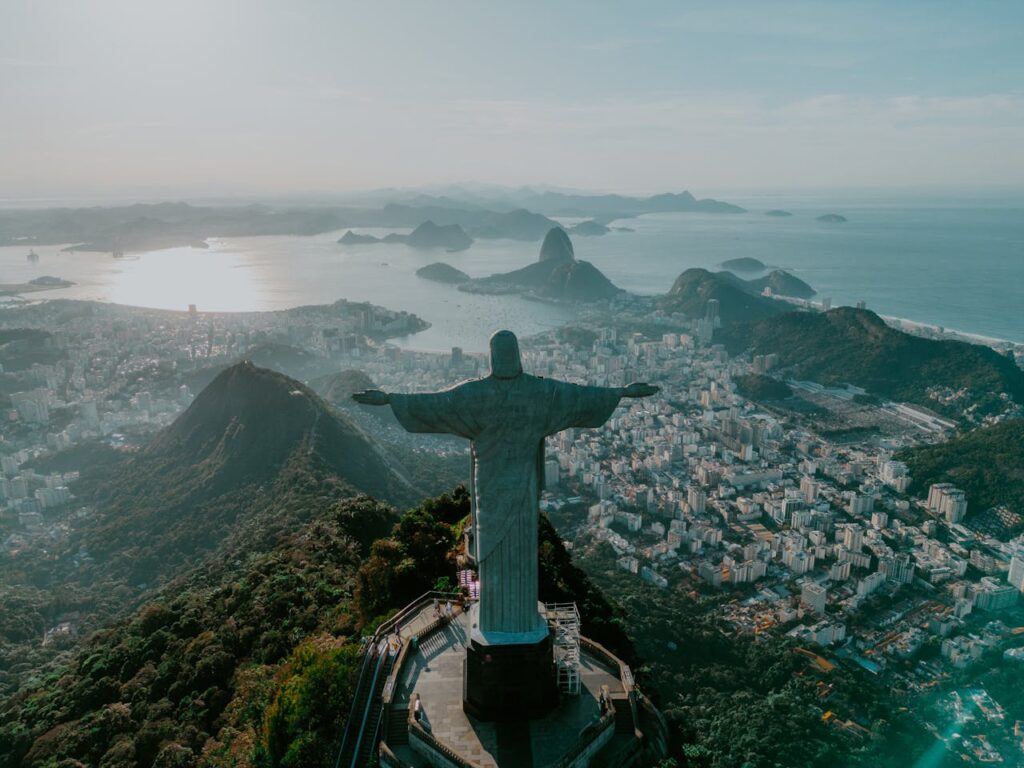Brazil has a rich history that can be explored through its historic cities, where each street, square and building tells an important part of the country’s past. If you are passionate about history and culture, visiting these places is an enriching experience. In this guide, we will explore 5 cities in Brazil that are true historical treasures.
1. Ouro Preto, Minas Gerais
A World Heritage Site
Ouro Preto is one of the most famous historic cities in Brazil and a UNESCO World Heritage Site. Founded during the gold rush in the 18th century, the city preserves its colonial architecture, baroque churches and cobblestone streets. Highlights include the Church of São Francisco de Assis, Casa dos Contos and Mina da Passagem.
2. Salvador, Bahia
The Heart of Afro-Brazilian Culture
Salvador is a city full of history and culture, with African and European influences. Founded in 1549, it was the first capital of colonial Brazil. Highlights include the Pelourinho, a colonial architectural complex, the Mercado Modelo, the São Marcelo Fort and the Lacerda Elevator.
3. Paraty, Rio de Janeiro

A Colonial Treasure
Paraty is a charming and well-preserved city, known for its stone streets and colonial architecture. Founded in the 17th century, it was an important center for trading gold and precious stones. Highlights include the Historic Center, Forte Defensor Perpétuo and the churches of Nossa Senhora dos Remédios and Santa Rita.
4. Olinda, Pernambuco
Beauty and Tradition
Olinda is a picturesque city, with its hills, colorful mansions and baroque churches. Founded in 1535, it was one of the first colonial cities in Brazil. Highlights include the Olinda Cathedral, the São Bento Monastery, Alto da Sé and the Olinda Carnival, one of the liveliest in the country.
5. São Luís, Maranhão
A Cultural Heritage
São Luís is a unique city, known for its Portuguese colonial architecture and French, Dutch and African influences. Founded in 1612, it is a UNESCO World Heritage Site. Highlights include the Historic Center, with its Portuguese tiles, and Bumba Meu Boi, a traditional folk festival.
These are just some of the many historic cities that Brazil has to offer. Each of them tells an important part of the country’s history and culture, providing a unique experience for visitors interested in delving into the past.

Just another normal person who is passionate about getting to know every corner of this planet that we live, enjoying and living every second, with all the intensity, so as to keep living spiritually.
